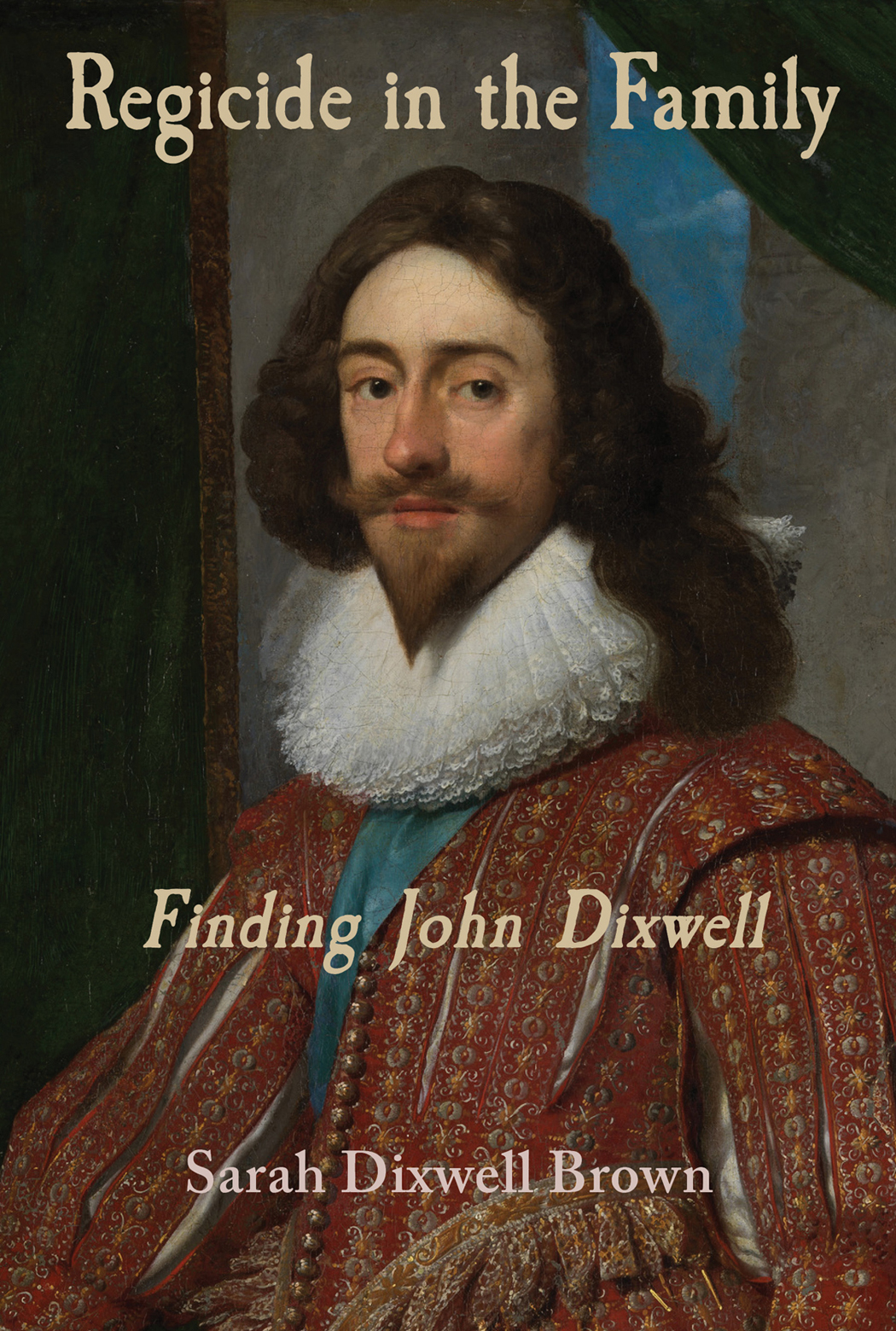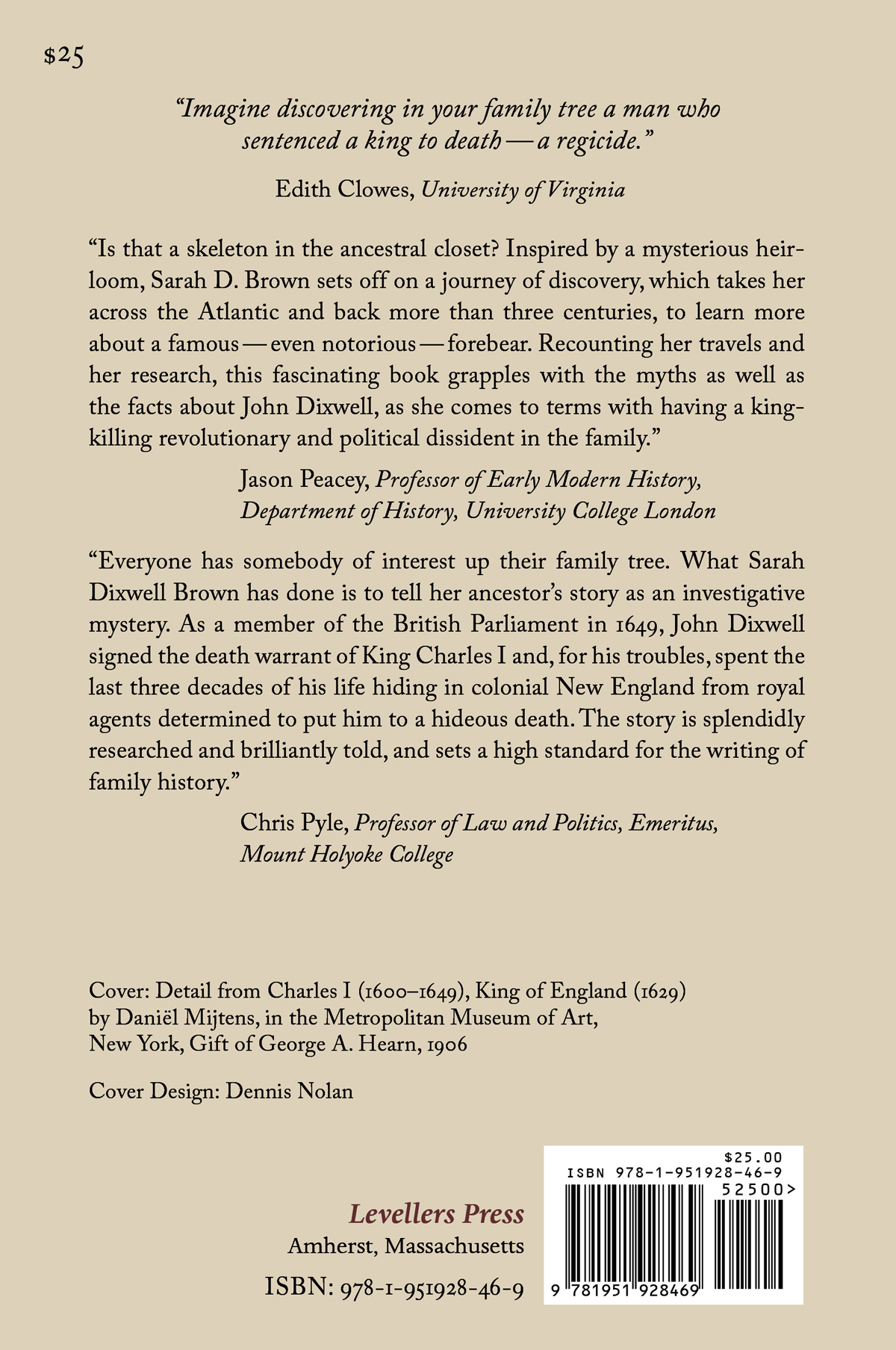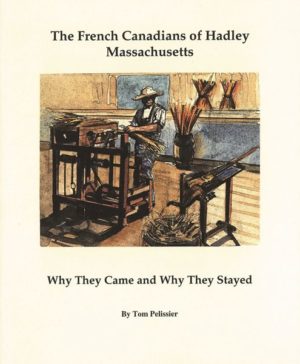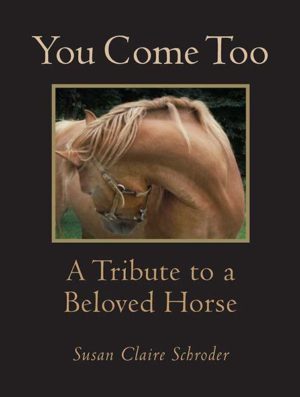“In the 1660’s three fugitives from justice came to New England to escape being drawn and quartered in London. They had been among the 59 judges in the trial of England’s King Charles the First who found him guilty of betraying his own people and sentenced him to death by beheading. For the next eleven years, England was governed by men trying to create a different kind of government, one led not by a monarch with divine rights, but by the people. Their ideas helped the founding fathers of the United States, a century later, come up with our Bill of Rights. In 1660, the king’s son, Charles the Second, was restored to the throne and began avenging his father. One of the three regicides who fled to North America was John Dixwell, my seven greats grandfather. My book tells the story of how being given Dixwell as a middle name and then given his key to Dover Castle (where he was governor of that military fortification) led me to spend decades digging up every possible scrap of information about his life and his decision to judge a king. The book details my discoveries in New England, England, and my family tree, where I figured out not only who had the key in each of the eight generations that preceded mine, but also how each key keeper likely felt about the man who consigned a king to death.”
Sarah Dixwell Brown taught writing at Stanford University, Santa Clara University, Mount Holyoke College and the Commonwealth Honors College at the University of Massachusetts, Amherst. She has published numerous personal essays in national and local publications. This is her first book. It was prompted by her receiving a family heirloom, a key to Dover Castle that once belonged to her direct ancestor, John Dixwell, a regicide of Charles I who escaped to New England in the 1660s. She lives in Western Massachusetts.











